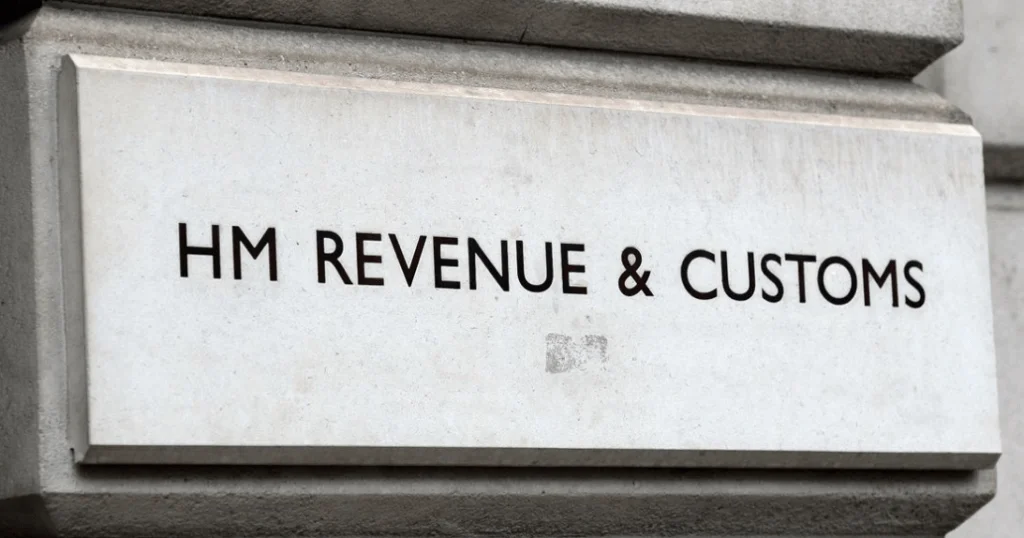HM Revenue and Customs (HMRC), the UK’s main tax body, has confiscated three nonfungible tokens (NFTs) linked to a possible tax evasion scheme. The accused used fake identities and created 250 fake ‘shell’ companies to carry out the crime.

The tax watchdog claimed to be the first law enforcement organization in the United Kingdom to seize NFT. According to the BBC, the NFT confiscation coincided with the arrest of three people suspected of dodging taxes through a variety of complex methods.
The accused individuals allegedly formed 250 fake shell firms and used fictitious identities to escape £1.4 million ($1.8 million) in value-added taxes (VAT).
HMRC received a court order to seize $6,765 (£5,000) in digital assets from the suspects, as well as three NFTs. The latest seizures of NFTs and digital assets in the tax fraud case, according to HMRC deputy director Nick Sharp, serve as a warning to anybody attempting to hide money from the tax authorities. He stated, “
“We constantly adapt to new technology to ensure we keep pace with how criminals and evaders look to conceal their assets.”
While the tax authority’s public warning is standard, it’s important to highlight that the confiscated digital assets and NFTs were seized as assets, as is typical in tax evasion cases for authorities to compensate for losses after court procedures. These seized digital assets and collectibles were not employed as criminal tools on their own.
NFTs peaked in popularity in 2021 and have since been a popular trend among brands and the general public. Legislators have become a common regulatory concern as their popularity and use cases have grown. These regulatory debates are rather typical, and they are in line with the traditional financial sector.
